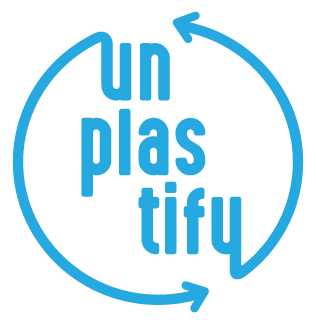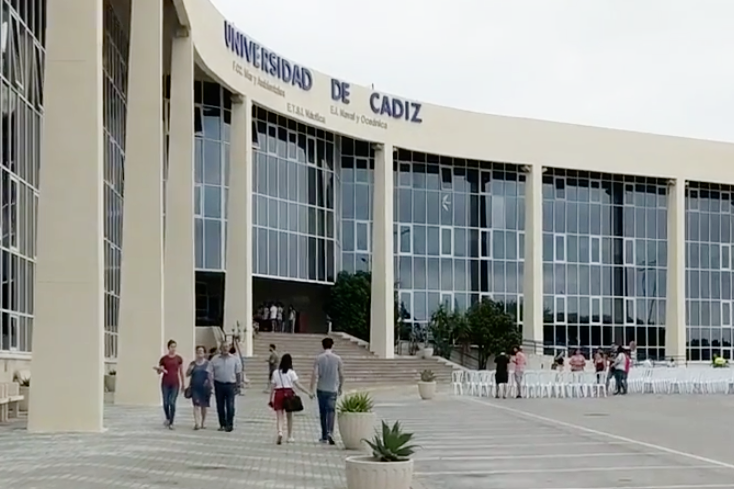EXPERTOS EN EUROPA // Experts in Europe
Bitácora #5: Entrevistando Expertos en Europa
El objetivo principal de la exploración en esta fase, en Europa, tuvo que ver con conocer expertos trabajando en soluciones al problema de la basura plástica. Recorrimos distintos lugares en el Mediterráneo, a bordo de Fanky. Estuvo muy bueno el desafío de navegar en dobles cuando no estábamos recibiendo visitas. Pero también aprovechamos la cercanía para viajar en avión a visitar distintas ciudades como Londres, Oslo y Madrid, y aprender qué está pasando ahí con los plásticos.
Los expertos entrevistados incluyen investigadores del problema de plásticos en océanos de las Universidades de Azores y Cadiz. Hablando con ellos aprendimos, no sólo sobre la gravedad del asunto, sino sobre la dificultad de recolectar datos sobre la contaminación plástica en océanos. Muchos expertos coinciden que los peores efectos de la contaminación plástica todavía están por conocerse. Pero es claro que no podemos esperar a los tiempos de la ciencia para reaccionar y trabajar en, por un lado en remediar el problema, y por otro en evitar seguir generando más contaminación.
Nos reunimos con empresas que se ocupan de la recuperación de valor descartado a escala industrial mediante la gestión de residuos de envases en España (Ecoembes) y Noruega (Punto Verde). Estas empresas trabajan de la mano de los productores y los gobiernos, en el marco de Leyes de Responsabilidad Extendida. En la Unión Europea hay fuertes regulaciones que obligan a los países miembro a reducir la generación de basura a través de estas leyes. Si bien la adaptación en cada país varía, a rasgos generales funcionan parecido: el productor paga por la futura gestión responsable de ese envase a una empresa sin fines de lucro que se ocupa de recuperar el valor desechado evitando que termine como basura. Es interesante ver cómo se alinean los incentivos de los distintos actores en estos esquemas de responsabilidad extendida, y cómo todos buscan optimizar la eficiencia en la recuperación de descartes. Estos esquemas han probando dar buenos resultados, subiendo dramáticamente las tasas de recuperación de descartes reciclables.
Tuvimos oportunidad de conocer distintas iniciativas que se anclan fuertemente en la colaboración de múltiples organizaciones. Un buen ejemplo es la iniciativa One Less Bottle en Londres, que busca reducir el uso de botellas plásticas descartables en la ciudad. #OneLess no es simplemente una campaña, es un esfuerzo colectivo, meticulosamente planificado y coordinado. Su objetivo no es tan sólo crear conciencia, sino generar cambios culturales permanentes, y por eso son claves la planificación y coordinación de los esfuerzos de colaboración. Cada organización que forma parte aporta desde su área de expertise, algunas desde la investigación científica, el entendimiento de legislación relacionada, o la planificación estratégica, y otras se enfocan en la coordinación, comunicación y ejecución de estrategias que pueden ser de prensa, política o empresas.
También conocimos proyectos de educación, como Loop.no en Oslo o Centre de la Platja en Barcelona, que con enfoques distintos, buscan transformar el conocimiento en acción. La educación ha sido una palabra clave mencionada por la mayoría de los expertos consultados sobre cuáles son las acciones clave para solucionar este problema. Aprendimos de varias organizaciones sobre cómo trabajan con distintas estrategias para generar conciencia y diseminar información sobre la problemática y las acciones en la vida cotidiana para aportar a una solución.
Las entrevistas, y el mapeo de soluciones y acciones efectivas continúan a la distancia. Hay mucho para aprender, y queremos entender las miradas de los distintos actores del sistema, expertos, innovadores, generadores de cambio. Seguiremos compartiendo este recorrido y estamos abiertos también a recibir sugerencias, ideas, contactos de expertos o iniciativas relacionadas que deberíamos conocer. Si tenes ideas, escribinos!
Llegando a la Universidad de Cadiz para entrevistar al investigador Andrés Cozar
Discutiendo sobre estrategias de educación con Hildegunn de Loop.no
Plásticos encontrados en limpiezas de playas en Noruega, cuyos datos son centralizados por HoldNorgeRent
Raquel, bióloga Marina en el Centre de la Platja de Barcelona, donde desarrollan programas educativos para el gobierno
Uso de fuentes de agua en Londres estimulado por la iniciativa #OneLessBottle
En el Summit del Disruptive Innovation Festival de Ellen MacArthur Foundation
Logbook #5: Interviewing experts in Europe
The main objective of the exploration during this phase, Europe by sea and land, had to do with interviewing experts working on solutions to the problem of plastic pollution. We toured different places in the Mediterranean, aboard Fanky. The challenge of navigating in doubles was fun when we were not receiving visitors. But we also took advantage of the proximity to travel by plane to visit different cities such as London, Oslo and Madrid, and learn what is happening there with plastics.
The experts interviewed included researchers on the problem of plastics in oceans at the Universities of Azores and Cadiz. Talking with them we learned, not only about the seriousness of the matter, but also about the difficulty of collecting data on plastic pollution in the oceans. Many experts agree that the worst effects of plastic pollution are still to be known. But it is clear that we can not wait for the timeframe of science to react and work on mitigating and avoiding plastic ocean pollution.
We met with companies that recover the discarded value at industrial scale through the management of packaging waste in Spain (Ecoembes) and Norway (Green Point). These companies work hand in hand with producers and governments, within the framework of Extended Responsibility Laws. In the European Union there are strong regulations that force member countries to reduce the generation of garbage through these laws. Although the implementation in each country varies, in general terms they work similarly: the producer pays for the future responsible management of that container to a non-profit company that deals with recovering the discarded value avoiding that it ends up as garbage. It is interesting to see how the incentives of the different actors are aligned in these schemes of extended responsibility, and how all seek to optimize the efficiency in the recovery of discards. These schemes have proved to provide good results, dramatically increasing the recovery rates of recyclables.
We had the opportunity to learn about different initiatives that are strongly anchored in the collaboration of multiple organizations. A good example is the One Less Bottle initiative in London, which seeks to reduce the use of disposable plastic bottles in the city. #OneLess is not simply a campaign, it is a collective effort, meticulously planned and coordinated. Its objective is not only to create awareness, but also to generate permanent cultural changes, and that is why the planning and coordination of collaborative efforts are key. Each organization that is part contributes from its area of expertise, some with scientific research, the understanding of related legislation, or strategic planning, and others focus on the coordination, communication and execution of strategies, which can be press, politics or business.
We also met education projects, such as Loop.no in Oslo or Center de la Platja in Barcelona, which with different approaches, seek to transform knowledge into action. Education has been a key word mentioned by most of the experts consulted on what are the key actions to solve this problem. We learned from several organizations about how they work with different strategies to raise awareness and disseminate information about the problem and actions in daily life to contribute to a solution.
The interviews, as well as the mapping of effective solutions and actions continue at a distance. There is so much to learn, and we want to understand the views of the different actors in the system, experts, innovators, change-makers. We will continue sharing this journey and we are also open to receive suggestions, ideas, contacts of experts or related initiatives that we should know. If you have ideas, let us know!
Translation powered by Google






